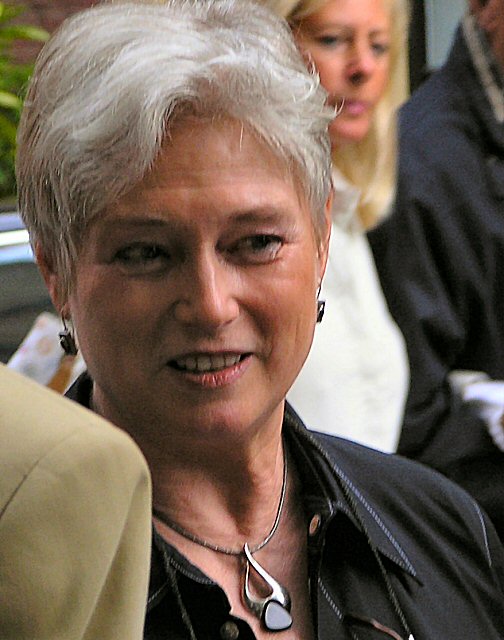Doomsday warning from IEA boss


The executive director of the International Energy Agency has warned U.S. Energy Secretary Steven Chu and 22 of his counterparts from governments around the world that the planet has increased rather than decreased its use of fossil fuels and is still very much on a disastrous warming path.
In a stark call for renewable energy that does not emit CO2 - linked to global warming according to many scientist - IEA boss Maria van der Hoeven wrote in The Guardian newspaper that the world is on track to warm by 6 degrees C by the end of the century, when it needs to rein in the increase to 2 degrees C. She writes:
"The world's energy system is being pushed to breaking point, and our addiction to fossil fuels grows stronger each year. Many clean energy technologies are available, but they are not being deployed quickly enough to avert potentially disastrous consequences."
Van der Hoeven wrote the piece ahead of her appearance before the Clean Energy Ministerial, taking place this week in London, and chaired by Chu and British Energy Secretary Ed Davey. She warns,
"The present state of affairs is unacceptable precisely because we have a responsibility and a golden opportunity to act. Energy-related CO2 emissions are at historic highs; under current policies we estimate energy use and CO2 emissions will increase by a third by 2020, and almost double by 2050. This would probably send global temperatures at least 6C higher within this century."
In a separate story reporting on her essay, The Guardian notes that a rise of 6 degrees C "would create catastrophe, wiping out agriculture in many areas and rendering swathes of the globe unihabitable, as well as raising sea levels and causing mass migration, according to scientists."
Delivering a double dose of doomsday, The Guardian notes today that the Royal Society has warned that the world has to stabilize its population and consumption - especially in rich nations - if the planet is to sustain itself. The world's population will exceed 9 billion people by 2050, up from the current head count of 7 billion.
The Royal Society - which claims to be the world's oldest continuous science academy - implores political leaders to push population control and over-consumption to the top of their agendas, making health and education a priority. Reporting the appeal, The Guardian writes:
"At today's rate of population increase developing countries will have to build the equivalent of a city of a million people every five days from now to 2050, says the report. 'Global population growth is inevitable for the next few decades. By 2050, it is projected that today's population of 7 billion will have grown by 2.3 billion, the equivalent of a new China and an India.' "
The Royal Society notes:
"The number of people living on the planet has never been higher, their levels of consumption are unprecedented and vast changes are taking place in the environment. We can choose to rebalance the use of resources to a more egalitarian pattern of consumption ... or we can choose to do nothing and to drift into a downward spiral of economic and environmental ills leading to a more unequal and inhospitable future."
Emerging countries must avoid CO2 production, the Royal Society points out.
Meanwhile, back at the Clean Energy Ministerial, British Prime Minister David Cameron summarized a number of new initiatives in wind, carbon capture, biofuels, energy innovation and other fields. We'll report on some of these over the next few days.
In one announcement linked to the energy confab, as we reported earlier this week, Chu and UK Energy Secretary Ed Davey agreed that the U.S. and UK will cooperate on the development of floating offshore wind turbines.
Floating turbines potentially save money because they don't have to be anchored to the seabed, and operators can maintain them by hauling them back to port. They also permit wind farms further out at sea, where wind resources can be greater.
Other countries and regions represented at the Clean Energy Ministerial, which ends today, are: Australia, Brazil, Canada, China, Denmark, European Commission, Finland, France, Germany, India, Indonesia, Italy, Japan, Korea, Mexico, Norway, Russia, South Africa, Spain, Sweden and the United Arab Emirates. Chu and Davey have co-chaired the proceedings.
Updated 7:21 a.m. PT, April 26, to include list of countries attending the Clean Energy Ministerial.
Photo: David Eerdmans via Wikimedia Commons.
Also from the London gathering of world energy ministers:
This post was originally published on Smartplanet.com